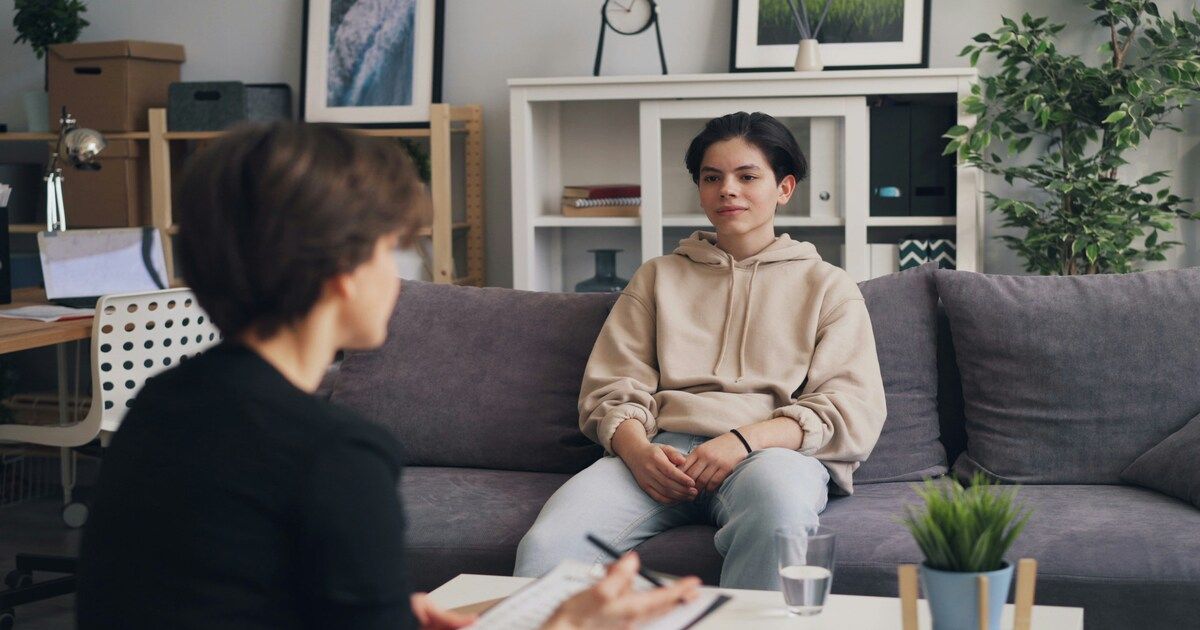Comparison can quietly steal your joy and make you feel less than you are. With everyone constantly sharing their wins online and offline, it is easy to lose sight of your own progress and worth. This article explores practical ways to stop comparing yourself to others and protect your mental health from issues like anxiety, depression, and low self-esteem.
What is Comparison?
Comparison has been described as the thief of joy, and that description could not be more accurate. It robs you of your ability to see how far you have come, how much growth you have achieved, and how much better you are than you were yesterday. In today’s digital world, where almost everyone constantly shares their achievements and milestones online, comparison has quietly become a habit that creeps into our thoughts more often than we realize.
This happens to almost everyone. Teenagers compare grades and popularity in school, adults compare jobs, salaries, and lifestyles, and even parents compare their children’s achievements or milestones. Sometimes, comparison does not even need familiarity; you can meet a stranger and instantly begin to feel inadequate because of what they possess.
Social media has created a culture where success is often displayed in highlights and filters, leaving many people feeling inadequate or behind. So, even people who never used to compare themselves now find it difficult not to. People will continue to share their wins, whether online or offline, from new homes and cars to relationships and achievements. The solution is you building the strength to exist there without letting comparison affect your mental health.
Comparison and Your Mental Health
Comparison affects more than just emotions; it affects the mind. When you constantly measure yourself against others, your brain internalizes the message that you are less than, which can trigger persistent stress and negative emotions. What seems harmless at first can grow into something that harms your mental and emotional well-being.
Constant comparison tends to make you feel unworthy, small, or like your achievements do not count. Over time, that negative pattern can lead to mental health challenges such as depression, anxiety, or chronic dissatisfaction.
The World Health Organization (WHO) describes mental health as the ability to cope well with everyday stresses. When comparison becomes a stressor itself, it undermines that coping ability Also, a recent article found that people who frequently compare themselves with others are much more likely to experience anxiety and depressive symptoms.
Practical Ways to Deal with Comparison

1. Practice Gratitude Intentionally
Gratitude is one of the most powerful ways to fight comparison. When you focus on what you have, you shift attention away from what you lack. Gratitude is not only about saying “thank you” to God or the universe; it is a mindset that helps you recognize your own growth and blessings.
Start by writing down the things you are proud of, no matter how small they may seem. Maybe you handled a difficult week gracefully, paid your bills on time or learned something new. These things matter, and when you begin to count them, you realize that your life is not as stagnant as it sometimes feels.
The more you practice gratitude, the less power comparison holds over you.
2. Accept That Everyone’s Journey Is Different
Growth looks different for everyone because each person’s story, background, and opportunities are unique. Your journey will never look exactly like someone else’s, and that is completely fine.
Some people have privileges, resources, or connections that you do not have. Whether that is the case or not, comparing yourself to them without understanding their full story is unfair to you. The moment you accept that your timeline is yours alone, you begin to appreciate your process more deeply.
3. Be Realistic About Where You Are
Sometimes, comparison grows from unrealistic expectations. You may want to be where someone is without considering how long it took them to get there or what they had to sacrifice along the way. A realistic view of your journey helps you understand that growth is a gradual process.
Set small, achievable goals each week and track your progress. When you measure your growth against your own goals, comparison loses its power.
4. Love Yourself Intentionally
You cannot silence comparison if you do not first learn to love yourself. Loving yourself means celebrating your small wins and being kind to yourself when things do not go as planned. It means refusing to scroll through other people’s lives only to find reasons to dislike yours.
Start by affirming your worth daily. Speak kindly to yourself and acknowledge your growth. Remember that you deserve peace and happiness, regardless of what others are doing.
5. Redefine What Success Means to You
Society often defines success by material standards: wealth, beauty, cars, or status. But success is not one-size-fits-all. For some, success is peace of mind and for others, it is purpose, growth, or the ability to sleep at night knowing they are becoming better.
When you define success in your own terms, you stop feeling pressured by the world’s definition of achievement. You begin to focus more on your personal fulfillment rather than public validation.

Breaking free from comparison takes time and support. You’ve already taken the first step by learning about it. If you’ve noticed that comparison is starting to affect your peace of mind or daily confidence, talking to a professional can help.
A therapist can guide you through practical ways to rebuild your self-worth and develop a healthier mindset. You don’t have to carry the weight alone. See a therapist today and take the first step toward protecting your mental health.
Conclusion
Comparison will always exist, but it does not have to control you. You can choose to focus on your growth, your peace, and your own timeline. Remember that the only person you should strive to be better than is the person you were yesterday.



